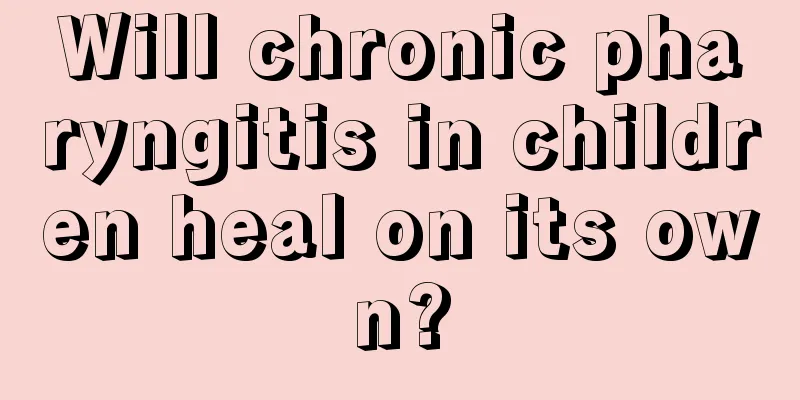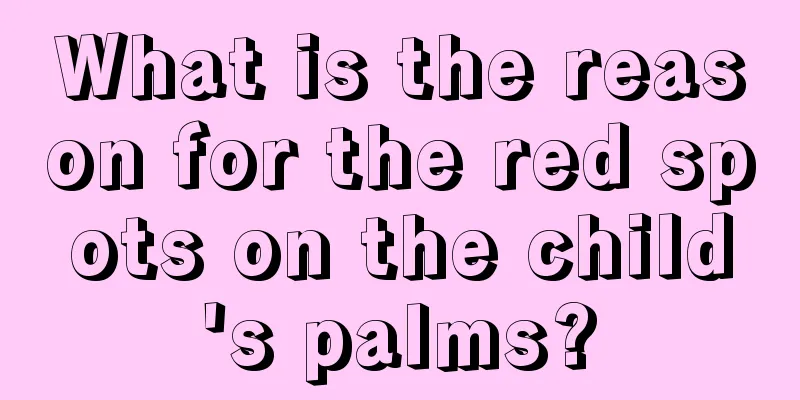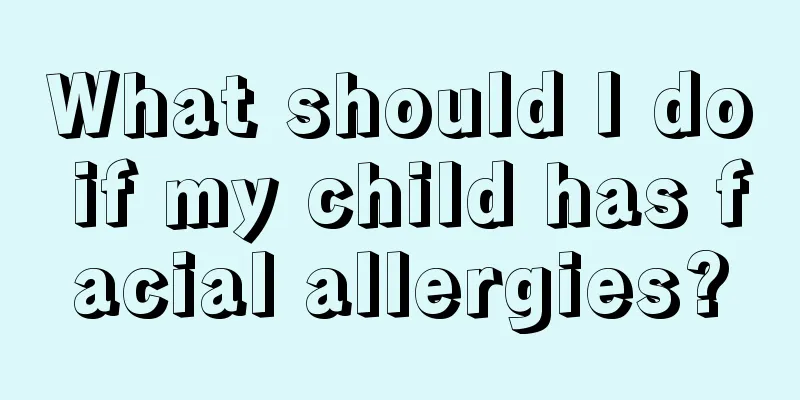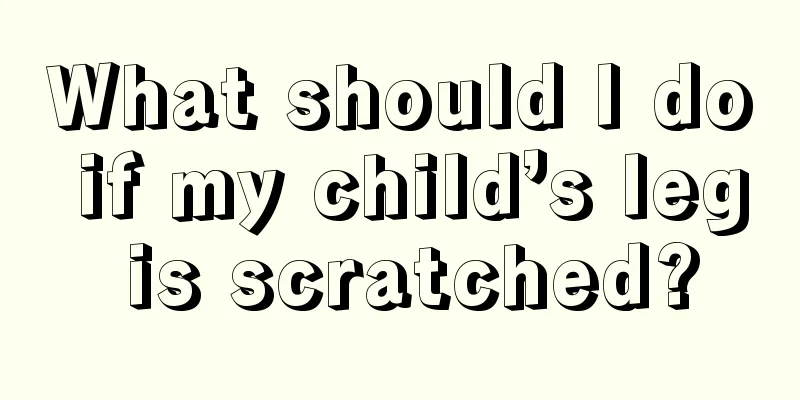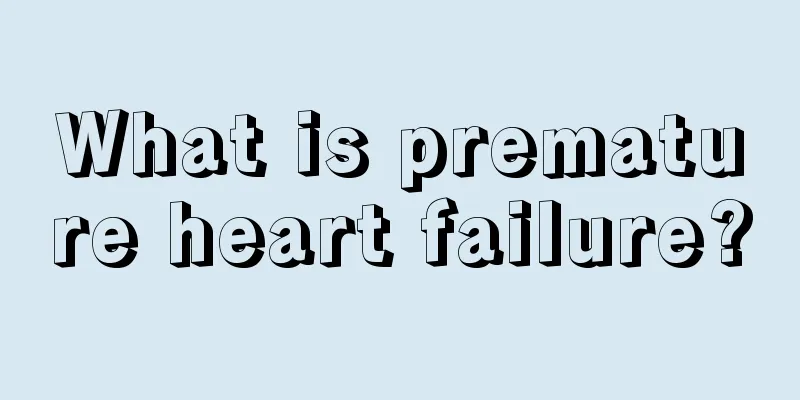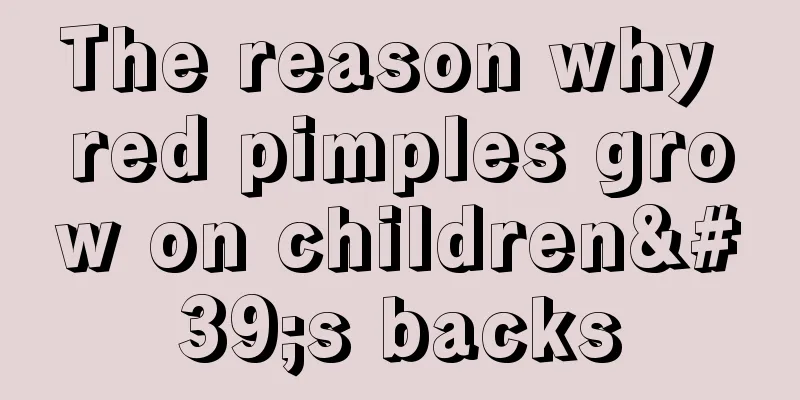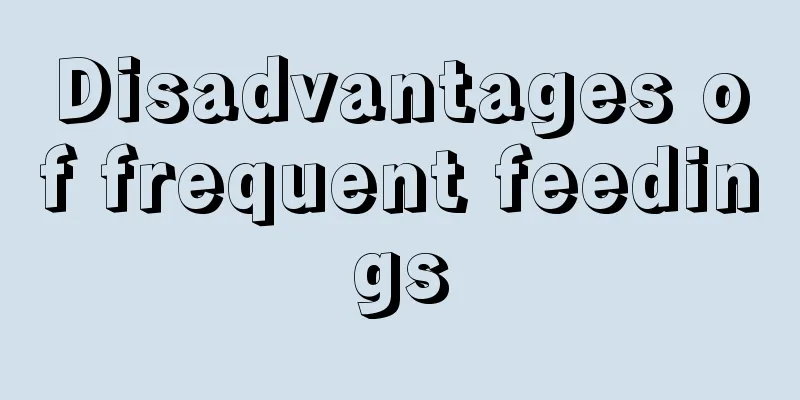What should I do if my child has a fever and diarrhea?
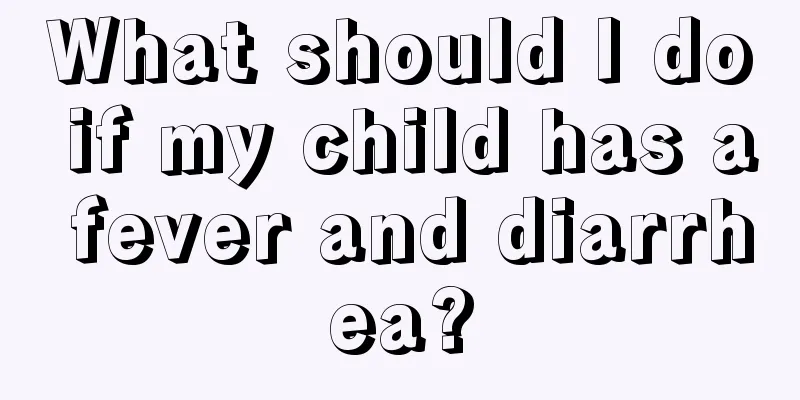
|
Nowadays, various diseases are often seen, especially children are still very susceptible to illness, so what should we do if children have a fever and diarrhea? For family members, the health of their children is the most important. Once a child is found to have a fever or has other health risks, it is necessary to hurry up to treat and regulate the child. Do not delay and bury more hidden dangers for the child's health. There are two main types of diarrhea caused by fever. Non-infectious diarrhea is mostly mild diarrhea, characterized by mushy stools with a sour and smelly smell, no pus, blood or mucus, less than 10 bowel movements per day, and no obvious symptoms of dehydration. It is mostly caused by improper diet and indigestion. In infectious diarrhea, the stool is watery, large in volume, often contains mucus, or even pus and blood, with more than 10 bowel movements a day, accompanied by vomiting, dehydration, abdominal distension, fever, irritability, or lack of energy. Mostly caused by bacteria. 1. Antibiotics should not be abused for babies with viral diarrhea, because antibiotics are not only ineffective, but will also kill the normal intestinal flora, causing flora disorders and aggravating diarrhea. Also, do not give antidiarrheal drugs casually to prevent the excretion of pathogens and toxins. 2. If the child does not have diarrhea frequently and is in good spirits, you can observe him at home. And do not eat or drink for a while to give your stomach and intestines a rest. Give light tea with a little salt and sugar, and feed frequently. The diet includes light and easily digestible foods such as skimmed milk, porridge and a small amount of pickles. 3. In terms of dietary care, it is emphasized that meals should be eaten at regular times and in regular amounts, with appropriate temperatures. Eat less or try to avoid greasy, fried, and spicy foods to avoid excessive nutrition in the body, which will promote dampness and heat. Drink less cold drinks and frozen foods to avoid damaging the yang energy of the spleen and stomach, and cultivate the habit of not being picky about food. 4. Children's fever and diarrhea are mainly caused by the loss of a large amount of water and salt. If the baby is dehydrated to below moderate level, has no severe vomiting, and is able to eat, you can feed the baby oral rehydration saline in small amounts and multiple times, once every 2 to 3 minutes, and feed 10 to 20 ml each time with a spoon; this way, small amounts will accumulate into large amounts, and the dehydration can be corrected in about 4 to 6 hours. If the child has severe diarrhea and is obviously dehydrated, the child should be taken to the hospital to see a pediatrician and given intravenous fluids. The above article clearly introduces what to do if children have a fever and diarrhea. I hope it will be helpful to your family. It is the family's responsibility to protect the health and safety of the children. It also requires starting from daily life such as diet and sleep to continuously improve the children's physical health. It is also important to regulate the intestines and improve digestive function. |
<<: What should I do if my child has a fever, diarrhea and vomiting?
>>: How to deal with children's fever and convulsions?
Recommend
What to do if your three-month-old baby gets cold and has diarrhea
Many parents will become very worried when their ...
How to treat pinched foot syndrome
Generally, children, especially girls, will suffe...
The reasons why primary school students have poor memory
Many parents have reported that their children ei...
What are the treatments for allergic asthma in children?
Allergic asthma is a respiratory disease that chi...
How long does it take for the baby to replenish calcium deficiency?
In life, babies are particularly prone to calcium...
What snacks should babies not eat? There are many things to avoid.
Children love to eat snacks very much, and some p...
How long does it take for baby malnutrition to heal?
Many people who have not been mothers are not ver...
One year old baby has fever and shivers while sleeping
If a one-year-old baby has a fever, the body will...
What are the issues that children's myopia glasses should pay attention to?
We can now find that many children have this phen...
What causes blisters on the soles of children's feet?
For children, paying attention to hygiene is the ...
Diet therapy for three-month-old baby
Some parents will find that their three-month-old...
Teach you how to grow taller quickly
Being too short is a fatal harm to many boys. Not...
How to teach your two-year-old baby
We all know that babies have very strong learning...
Why do children have red eyes?
We know that under normal circumstances, human ey...
Emergency treatment for burns in children
Because most children are rather naughty and have...
